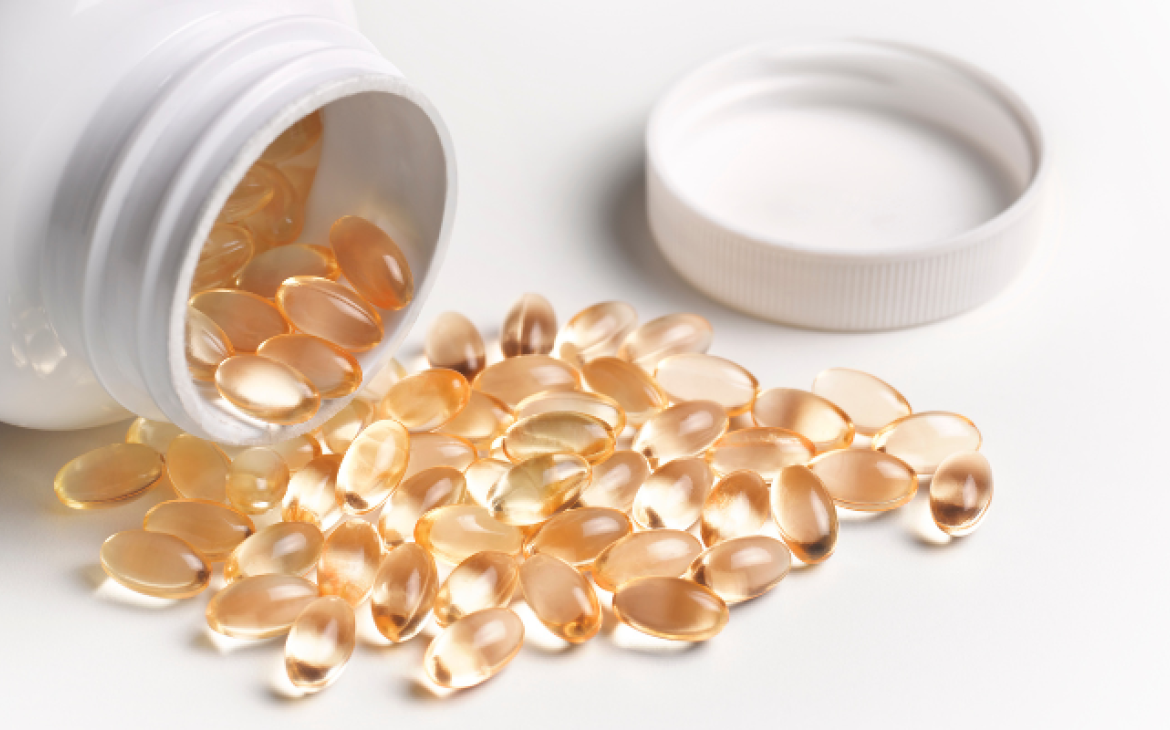
Quality plays an integral role in connecting medical research and manufacturing to healthcare practice and consumers. The growing study of the microbiome and the potential health benefits of probiotics offers a particularly timely and illustrative example.
Ongoing research into the gut-brain connection has pointed to specific strains of probiotics as a potential treatment for a variety of conditions and symptoms. This is exciting news indeed for healthcare practitioners and consumers. But it is important to note that the research results are tied to specific strains of probiotics and is still evolving.
Any excitement generated by these results is dampened somewhat by another study into the quality of commercially available probiotic products.
In a study on Validating Bifidobacterial Species and Subspecies Identity in Commercially Available Probiotic Products published in the journal Pediatric Research in December 2015, Lewis, et al., tested commercially available products and found “only 1 of the 16 probiotics perfectly matched its bifidobacterial label claims in all samples tested, and both pill-to-pill and lot-to-lot variation were observed.” From this they concluded, “the prevalence of misidentified bifidobacteria in these products is cause for concern for those involved in clinical trials and consumers of probiotic products.”
Probiotic quality standards for specific strains could be the unifying thread that connects clinical research to healthcare practitioners, consumers/patients and industry. To date, USP has developed quality standards/monographs for 8 specific probiotic strains and recently met with a roundtable of key stakeholders to discuss efforts going forward.
Learn how USP standards for these probiotics would benefit consumers, academia and industry in this recent article by USP Scientific Liaison Seong Jae Yoo in Natural Products Insider: www.naturalproductsinsider.com/blogs/supplement-perspectives/2016/01/usp-probiotic-standards-would-benefit-consumers-a.aspx.


